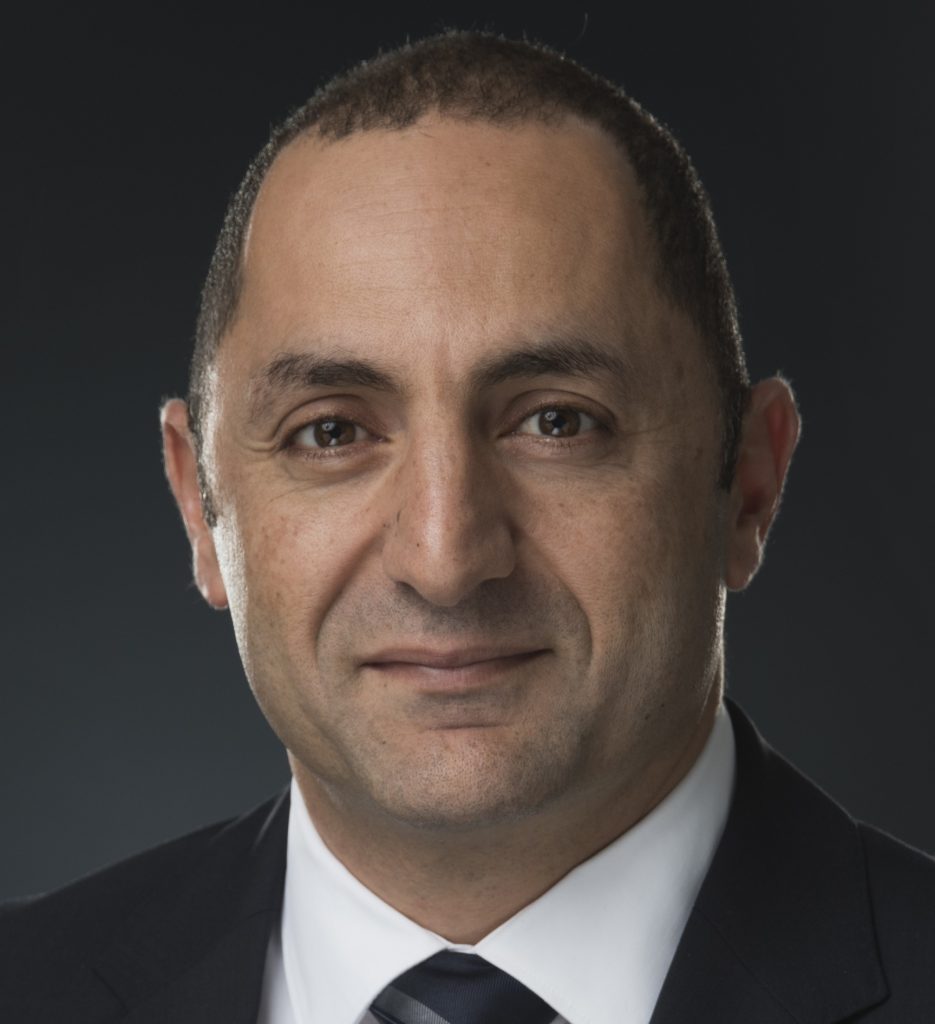Ossama Eldeeb is Senior Director, South EMEA Partner Organisation, VMware, an American cloud computing and virtualisation technology company with headquarters in California. Eldeeb talks about his current job role and how VMware is working with the whole partner ecosystem comprising distributors and solution providers, and cementing its channel business across South Europe, Middle East and Africa (EMEA).

Describe your current job role and the parts that are somewhat challenging?
My broad role involves working with my team to develop and execute the engagement strategy within our partner organisations across the South EMEA region, MEA, France, Italy and Iberia. Servicing a lot of different markets with different maturity levels and nuances that are specific to local markets can be both a challenge and a fantastic opportunity. Our first challenge is that we cannot apply a one-size-fits-all strategy to every market, which also means that we need to innovate and think outside-the-box to create initiatives that take the market characteristics into consideration.
The most challenging aspect is to find a strategy that removes the hurdles and simplifies the game. As you move up the management ladder and are responsible for a bigger, more dispersed team including partners across multiple countries, the challenge becomes finding a direction that streamlines processes without slowing down the momentum. The secret is to keep it simple. The direction needs to be logical and realistic, but it must be clear and identifiable to the rest of the team. This way you can anticipate issues and remove unnecessary roadblocks from the process.
Can you explain how your company works with channel partners?
Our partners are an extension of us and we work hand in hand to give customers the right level of coverage. For us, no matter how big the team is within the organisation, we cannot scale or grow fast enough to cover the rapidly growing customer landscape. Our partner becomes the extended arm to fill that demand. We choose partners that have the right level of skills and knowledge to mirror our quality and extend our services. Finding the right partner is not easy because this requires an investment in training and continuous practice to ensure that they have the same level of expertise that all our people have, and for their team to be deeply involved in the business so that it becomes easy for them to become our extended sales arm.
The involvement of our partners in our business is key to a successful partnership because I believe in the famous adage: ‘Tell me and I forget, teach me and I may remember, involve me and I learn.’ We engage our partners in opportunities and practice that generates actual business for them and, at the same time, provides a differentiator as most of our technologies are relatively new tech to the market.
How do you ensure channel partners flourish in a highly competitive market?
Differentiation, differentiation and more differentiation. That is how you build a healthy business as well. If everyone is selling the exact same product and technology and has the same level of skills, it leads to market stagnation, and no one ends up making a profit as it becomes more about competitive pricing with no added value. So, we work with our channel partners to upskill their team, ensuring that they have a competitive edge and flourish as a business when the stakes are high. The direction and vision to drive added value and offer novel tech and solutions as a differentiator is the key to a healthy business and healthy margins.
What are the latest trends you see emerging across the channel?
Customers are increasingly adopting a hybrid and multi-cloud approach, the latter being where there are different providers to serve different workloads and needs. What we are seeing now is that the margin made by our partners for delivering a vendor’s software is less important. Their growth lies in our ability to provide personalised services; there is a bigger focus on customisation and managed services.
We now have born-in-the-cloud partners who are very agile. They don’t have the legacy IT hardware and software but are focused on catering for a customer’s cloud, hybrid cloud and multi-cloud capabilities.
We have also started to see some partner-to-partner alignment because not all legacy partners have the skills, or the time and capability to build their own skills. This is when they can align with a smaller partner for a winning combination. One has the reach and the other has the capability. We are seeing this trend in many markets.
What is your management philosophy?
I lead with three basic principles for an engaged team. First, situational leadership, which means that there is no one-size-fits all. I adapt my management style to the person to see them succeed within the team.
Second, I focus on bringing out the best in people, whatever their best may be. This means identifying their strengths and weaknesses and working with their personality to ensure they can be their best and most productive self.
Thirdly, I try to foster a positive work environment so that people can collaborate, are comfortable and engaged, and continuously learn and grow.
When you look back at your career, what has been the most memorable achievement?
I think my biggest and most memorable achievement has been building a partners’ team in the Middle East, Turkey and North Africa (METNA) region that has worked to make this region one of biggest markets in the world for partners’ advanced certification. When VMware hires people, there is a mandatory on-boarding training for new employees and the METNA region is featured in that training as an exemplary for engaging with partners to achieve the highest Master Service Competencies Certification (MSC) leading to METNA representing more than 10% of the overall MSCs worldwide, which is huge. This is because of the commitment of our team and our partners, who make a huge investment in time and money to offer this advanced certification to their employees. The team and environment that we have built here have become a blueprint for new hires and a reference for best practice in other markets.
Click below to share this article

